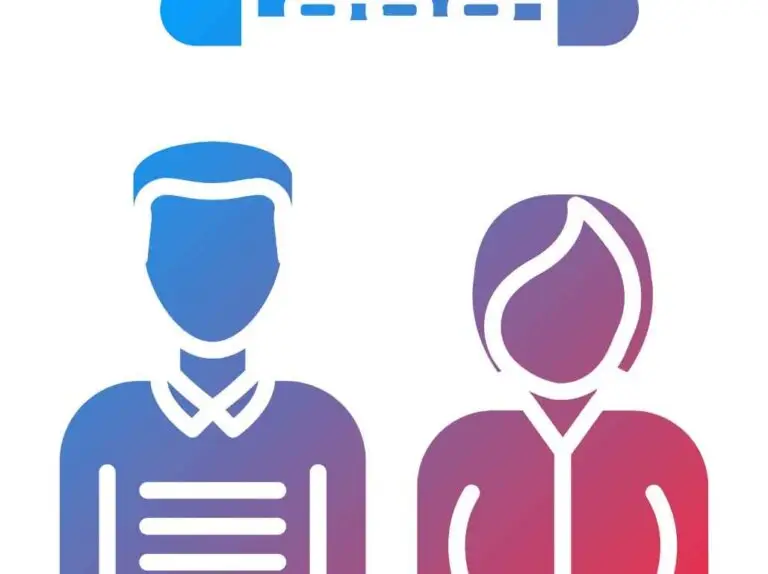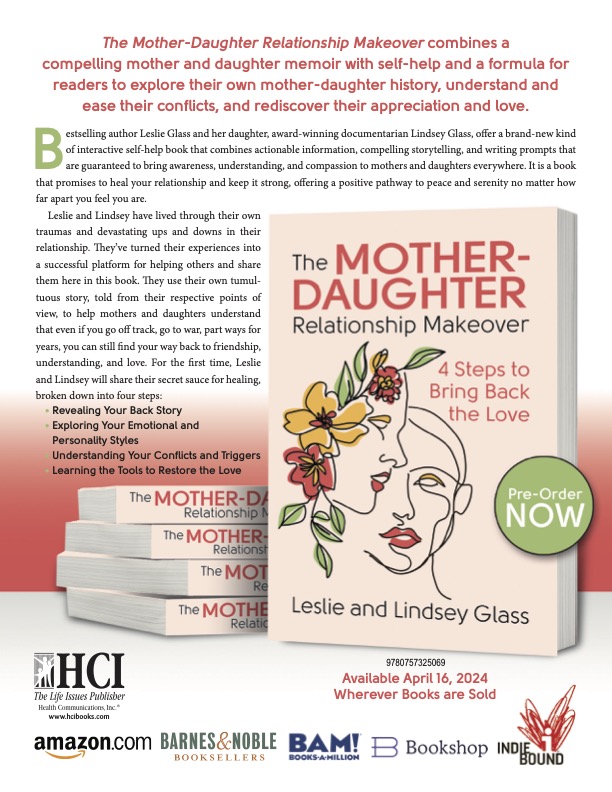Codependency And Enabling: Are You A Victim
Codependency And Enabling: Codependency
Codependency is a psychological concept that refers to people who feel extreme amounts of dependence on certain loved ones in their lives, and who feel responsible for the feelings and actions of those loved ones. Codependency is not recognized as a distinct personality disorder. That said, research shows that while codependency does overlap with other personality disorders, it does appear to constitute a distinct psychological construct. The best way to learn about codependency is to review some of the signs of codependency.
Melody Bettie, author of Codependent No More defines codependency like this:
“A codependent person is one who has let another person’s behavior affect him or her, and who is obsessed with controlling that person’s behavior”
Codependency and enabling can take over your life so that you have hardly any moments in the day when you’re not worried or thinking about or helping someone you love. You might wonder what is the difference between codependency and enabling. If you’re codependent, do you have to enable, too? The two psychological emotional relationship issues do tend to go together. Did you know that codependency is a control issue?
With this definition, we see that our power is given away to the other person who has an addiction or other dysfunctional condition and we become dysfunctional ourselves. While our initial goal was to help the loved one, instead we become controlling, angry, frustrated, sad, berating, reactive, and destructive. When care and compassion become problematic, then we are looking at codependency.
“Codependents appear to be depended upon, but they are dependent. They look strong but feel helpless. They appear controlling but in reality are controlled themselves, sometimes by an illness such as alcoholism.”
Codependency and Enabling: Codependency
Codependency used to be thought of only in terms of families or relationships with substance use or alcoholism, but it is now understood that enabling can be a behavioral issue. You may enable or allow a loved one to lie to you, to steal from you, to use you in many ways.
Enabling is a part of codependency. Enabling is when we help someone stay in their addiction. For example, if our partner gets angry when he finds himself out of beer, we go to the store and buy it for him in order to keep peace in the family. Likewise, if a parent is a compulsive eater and morbidly obese, we may drive to a fast-food restaurant to load up on unhealthy food for her in order to be left alone instead of constantly being berated for not helping the parent when she feels she needs food.
Common Symptoms of Codependency and Enabling
- Excessive care taking: Doing things for loved one they can do themselves. Doing too much
- Low self-worth: Feeling bad about yourself. This can also occur when loved one doesn’t appreciate what is being done and always wants more
- Repression of feelings: This is also called stuffing, when feelings are so intense and painful but are not expressed to loved ones or anyone else.
- Obsession: focusing inappropriately on other issues
- Controlling: try to control other people and situations
- Denial: ignoring or pretending problems don’t exist
- Dependency: struggle with healthy relationships
- Poor communication: struggle to discuss issues in a healthy manner, blaming others, feeling
- Anger and blaming others
- Weak Boundaries: unable to set or follow up with “no means no” and “yes means yes”
- Lack of trust: no trust in self, others, or a Higher Power
- Intimacy Issues: issues surrounding sex and love
- Difficulty having fun and enjoying life
- Struggles with responsibility
- Difficulty with compassion unable to respond in a healthy, caring manner
Codependency and Enabling: A Rollercoaster of Emotions
Codependency brings a rollercoaster of emotions, reactions and behaviors that can make you feel like you’re crazy. You may experience one or many of the following on an ongoing basis.
- Guilt
- Shame
- Sadness
- Loneliness
- Happiness/peaceful-ness
- Pain
- Hopeless/helpless
- Excitement/depression
- Anxiety
- Suicidal thoughts
- Self-defeating or self-destructive behaviors
Codependency And Enabling Affects The Whole Family
Codependency is extremely complicated. It often involves destructive conditioning both from childhood which leads to more destructive conditioning in adult relationships, and which in turn play forward into unhealthy relationships with children.
If you have two of these symptoms, it doesn’t mean you’re codependent, but if a number of symptoms and feelings are present in your life, it reveals that you probably have some level of codependency. However, this is not a blame game. It’s a something that can be treated and you can recover. Please remember that most codependents start their process with wanting to care take others, and their actions are motivated by compassion.
It is only when such compassion and care taking become overwhelming and problematic that we see that it has grown into a negative pattern. Negative patterns can be reversed, and you can recover.
Try Codependency Anonymous meetings or Al-Anon meetings, talk to friends and family, or see a therapist. And finally, continue to explore this site for further information regarding addictions and codependency. The more you know the easier it will be to respond in a healthy manner to whatever situation faces you.
Buy the book Now!
Codependency And Enabling: More Articles To Read
Healing From Codependency Post Covid






















